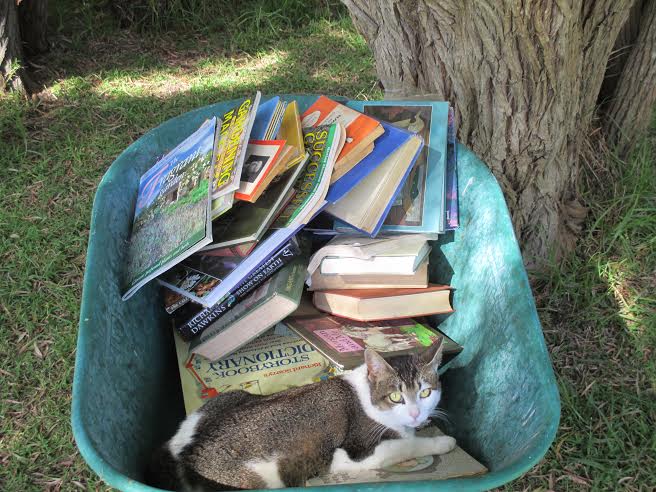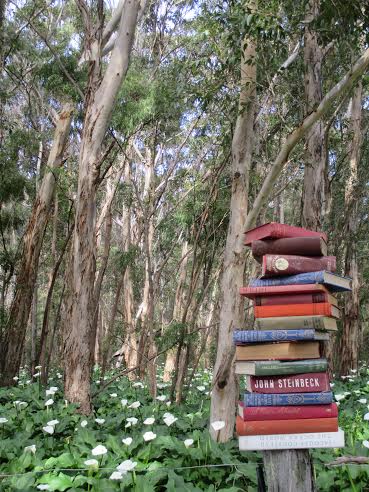Frost Magazine and Margaret River’s (WA) Readers’ and Writers’ Festival Poetry Competition, Seasons, has been an absolute pleasure to judge. There has been a plethora of entries of extraordinarily high standard. Our decision, though, was unanimous and we are delighted to announce that Melanie O’Nions is the winner with Magic Winter.
Melanie O’Nions graduated from the University of Sydney in 2009 with a double degree in Education and Arts, before returning to complete a Master of Educational Management. She is a full time English teacher in a Catholic Secondary school in regional New South Wales, and lives with her husband and six young children. She writes often as a way of finding peace and sanctity in everyday life and to be a positive role model to the students that she teaches.
Magic Winter
Even now, after age has gnarled my veins and they have grown knotted,
As my eyes have grown heavy with cataracts and my hair looks like spun grey fairy-floss,
And I can barely remember the great love stories of my past, I can still recall that magic winter.
The frost dripped lazily each morning off the leaves of the fir-trees which lined the streets and our
Breaths smoked O-Rings of inquisitiveness in front of us as we walked to school, our mother’s Hand-Woven gloves soon discarded to eat pungent toffee apples and share a suck of lemon.
It was the winter of my first love, and I can still close my eyes and see him, clear as day
Waiting for me at the mailbox of his gate for me to walk past in the morning and the anticipation
In his eyes as he hungered, not for the tuck-shop sweets, but for me.
Of course it didn’t last. They never do. By the time that Spring was in the air, and the newborn foals
Frolicked by the fields once again, he had forgotten me. The bark we had studiously carved our names into grew over, and the burst of new life meant the death of our love.
Magic Winter stood out from all the wonderful poetry that Frost Magazine and the Margaret River Arts Festival received during the course of its competition.
This evocation of lost love, which warmed a winter many years ago – a magic winter – weaves subtle imagery, gentle pacing and empathetic imagining to create a particular season of youth. One which voyages through winter’s cold, never to be forgotten, though the bark ‘grew over, and the burst of new life meant the death of our love’.
It has such heart, such carefully worked rhythms, and worked at many levels to amply fulfil the brief of ‘Seasons’
Melanie will be sent free tickets for the Festival. Festival director, Helen Allan is looking forward to meeting her.
SEASONS is the theme for the seventh annual Readers and Writers Festival to be held in the beautiful Margaret River wine region in Western Australia over the May long weekend 29-31
Festival director Helen Allan said the annual festival has a huge line-up of famous authors to excite readers of all genres.
“We focus on the environment, nature and the seasons of our lives – the theme `Seasons’ encapsulates all of those things, and Autumn is such a beautiful time in Margaret River, we should celebrate that – when Keats wrote that Autumn was the ‘season of mists and mellow fruitfulness’ it almost seems like he wrote it for our region.”
Mrs Allan said the festival committee had lined up around 20 authors and the festival would, once again run over three days.
“From Tomorrow When The War Began author John Marsdon to science fiction author Isobelle Carmody, comedian and authors Sami Shah, Justin Heazelwood and Luke Ryan to romance author Fiona Palmer, Michelle de Kretser and food/nature author Sophie Zalokar, we have something for everyone,” she said.
Facebook : www.facebook.com/pages/Margaret-River-Readers-Writers-Festival/531293773636991
Web : www.artsmargaretriver.com
Tel: 08 97 587316 (Mondays and Fridays)
www.frostmagazine.com







